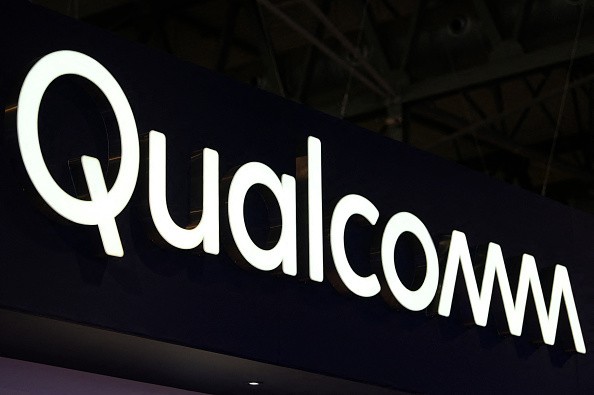
On Wednesday, Qualcomm (QCOM.O) unveiled a new tab that projects quarterly sales and adjusted profit will surpass Wall Street projections and is fueled by the introduction of more expensive chips in Android smartphones that are equipped with artificial intelligence features.
According to Qualcomm, consumers have started to shift toward more expensive gadgets supporting AI chatbots after a smartphone slump last year.
In after-hours trading, Qualcomm's stock increased by 4%.
The company said sales to Chinese smartphone manufacturers increased by 40% in the first half of the fiscal year, indicating a recovery in that market.
Chief Executive Cristiano Amon told analysts on a conference call that AI is driving a lot of silicon content in those devices because of the expected computational capability to run those models.
He claimed that users want to buy a more capable phone that can run AI.
Huawei Technologies Co., which debuted a flagship 5G smartphone last year using its chip manufactured by subsidiary HiSilicon, has competed with Qualcomm.
However, IDC analyst Phil Solis said that a broader trend toward more competent smartphones benefits Qualcomm more than Huawei's rivals, which is detrimental to the San Diego, California-based company.
Solis noted that the Chinese smartphone market is recovering and shifting to premium phones. While HiSilicon takes the share of flagship Huawei phones, the market is growing, especially where Qualcomm gets most of its revenue.
According to LSEG data, Qualcomm surpassed analyst predictions of $9.05 billion and $2.17 per share by forecasting third-quarter sales and adjusted profit with midpoints of $9.2 billion and $2.25 per share.
Furthermore, LSEG data shows that Qualcomm's revenue and adjusted profit for its fiscal second quarter ended on March 24 were $9.39 billion and $2.44 per share, respectively, above expert projections of $9.34 billion and $2.32.
Qualcomm wants to capitalize on user demand by updating handsets to run AI chatbots directly on the device rather than sending them to a data center.
© 2025 HNGN, All rights reserved. Do not reproduce without permission.








